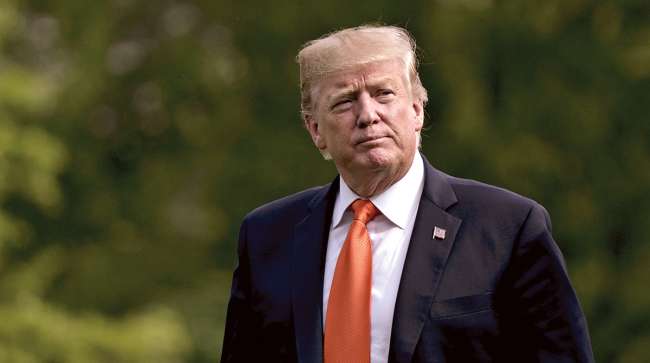China Signals US Tariff Delay Not Enough to Stop Retaliation

[Stay on top of transportation news: Get TTNews in your inbox.]
China called planned U.S. tariffs on an additional $300 billion in Chinese goods a violation of accords reached by Presidents Donald Trump and Xi Jinping, signaling an American move earlier this week to delay some of those levies was not enough to stave off retaliation.
The new 10% tariffs have taken the U.S. and China off the track of resolving their dispute through negotiation, the State Council Tariff Committee, which has overseen tit-for-tat retaliation, said in a short statement on Aug. 15. China “has no choice but to take necessary measures to retaliate,” it said, without specifying what the nation would do.
European stocks declined and U.S. equity futures fell. The Stoxx Europe 600 index moved lower while the three main American equity contracts dropped.
Trump announced the new tariffs this month, after which China halted purchases of agricultural goods and allowed the yuan to weaken. Still, top negotiators held a phone call earlier this week and the U.S. delayed the imposition of some of the new tariffs. Negotiators also agreed to have another phone call in the coming two weeks and people familiar said earlier the Chinese delegation is sticking to their plan to travel to the U.S. in September for face-to-face meetings.
The statement indicates that China doesn’t think the U.S. delaying some of the tariffs is enough, said Zhou Xiaoming, a former Ministry of Commerce official and diplomat. China is very serious and is sticking to the position that no new tariffs should be imposed at all, he said, adding that China’s retaliation “may not be limited to tariffs.”
Hu Xijin, the editor-in-chief of the Communist Party’s Global Times newspaper, echoed that sentiment. He tweeted before the Aug. 15 announcement that China wants both sides to respect the consensus reached when Trump and Xi met in Osaka in June. “I doubt the Chinese side will resume large-scale purchase of U.S. farm goods under the current circumstances,” he said.
Less than 12 hours before the Chinese statement on retaliation, Trump appeared to float the possibility of another meeting with Xi. In a flurry of tweets, Trump defended his tariffs decisions, praised Xi and urged the Chinese president to “humanely” resolve the protests that have gripped Hong Kong for more than two months.
He ended the posts with an apparent overture to Xi — writing “Personal meeting?” — without clarifying whether he was suggesting another summit.
The Aug. 15 statement could indicate that it won’t take long for China to reveal its own retaliatory tariffs, according to Tu Xinquan, dean of the China Institute for WTO Studies at the University of International Business and Economics in Beijing. The response is about expressing China’s stance even though policymakers know the impact on the U.S. economy will be limited, he said.




